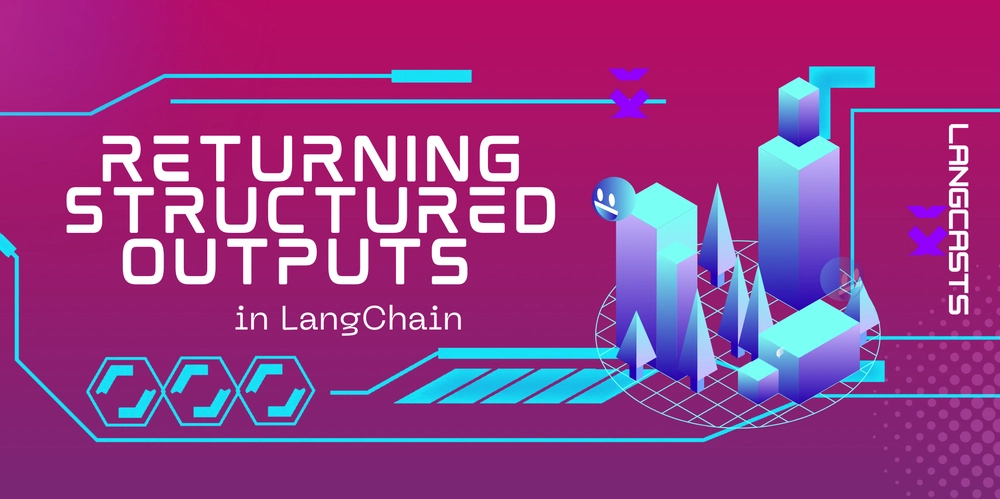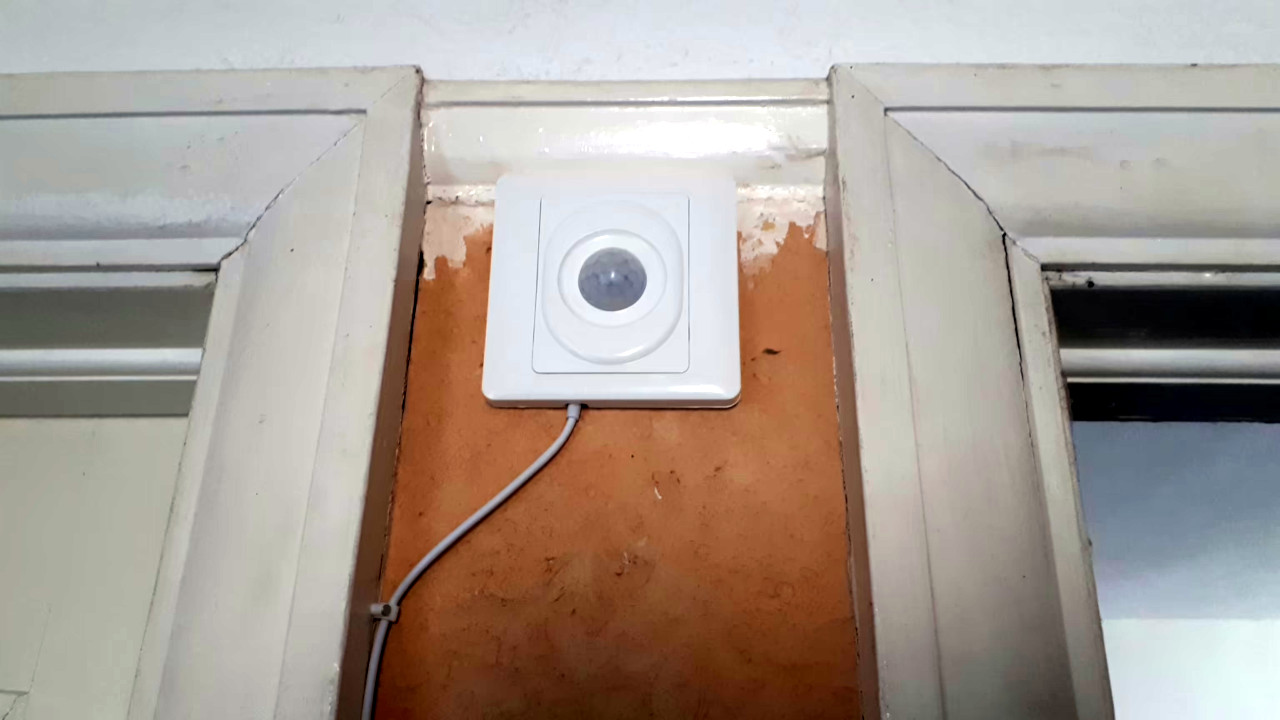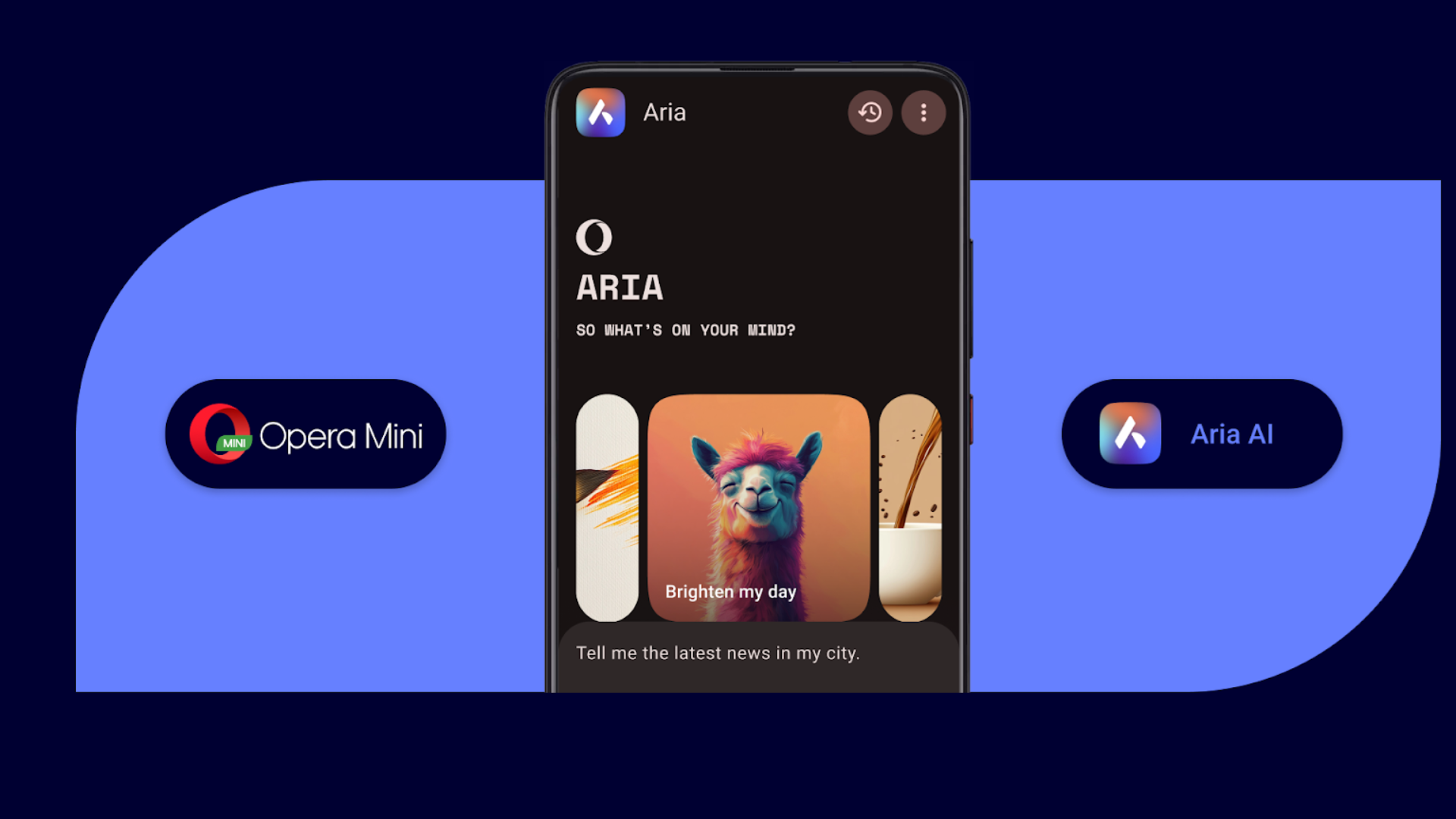From Novice to AI Expert: How to Position Yourself as an Authority in AI-Driven Development
When I initially discovered artificial intelligence within web development, it was similar to attempting to catch up on a runaway train. Wherever I turned, there were novel tools, new algorithms, and new potential. And the din of AI buzz was increasing on a daily basis. At first, I was lost. How was I ever going to sell myself as an AI guru with so many different directions I might be going? I wasn't the smartest dev in the world, but I wanted people to see me as someone who understood AI and used it to create real solutions. That's when I shifted gears. Instead of trying to keep pace with every AI trend, I made a conscious decision: I would be a niche expert. Fast forward a few years, and now, I'm best known for AI web development work. But how did I end up here? The key lies in a simple strategy: narrow your focus, write about it, and code in public. In this article, I'm going to show you how you can shift from feeling overwhelmed by the AI boom to becoming the first point of call for AI-led development. Discover Your Niche and Go Deep The first step to becoming an AI expert is to cut short attempting to learn everything about it. AI is vast, and no one can be an expert on all bits of it. You need to select a niche that you like and dive deep into it. Examples of AI niches: Natural Language Processing (NLP): AI for processing, understanding, and generating human language. Computer Vision: AI for making machines interpret and make decisions based on visual information. Generative AI: Building models that are able to produce fresh content, from art to text to code. AI in Web Development: Chatbots to personalized experiences, the number of ways AI can be applied to websites is limitless. The more specialized your area is, the more you are able to stand out. The instant you specialize, people start referring to you as the go-to person on that topic. Create Projects and Share Your Work When you've chosen your niche for AI, now it's time to build. Building real projects is the fastest way to establish people's trust. It could be an easy thing such as creating a chatbot for a site or creating an AI recommendation system. When you do build and share your works, you're putting yourself out there as a person with practical knowledge in AI and not just a theoretician. But the secret is this: Don't just make it—share how you did it. People are interested in the path from concept to reality. Create blog posts, GitHub repositories, and social media updates that show the whole development process. Demonstrate your path of learning and share the history of the obstacles you faced and how you overcame them. Being transparent will build trust with and visibility to your audience. Create Content and Teach Others One of the best means to become a master in your subject area is to teach others. Start creating content within the AI domain that you have chosen. It could be: LinkedIn posts: Sharing AI tips, articles, or learnings you've picked up. Medium articles: Creating thorough guides or case studies on your AI projects. YouTube or TikTok videos: Showcasing your coding process or explaining complex AI concepts in simple language. The more you teach, the more you are reinforcing your own knowledge. And, people start to view you as a thought leader who can simplify tough topics. Join AI Communities AI communities are gold when it comes to networking and establishing your reputation. Whether a Discord server, Reddit thread, or Twitter/X community, joining a like-minded community and sharing your insights will make you stand out as an individual who is knowledgeable and active in the AI community. Some good AI communities to join: AI Subreddits: r/MachineLearning, r/ArtificialIntelligence, r/DataScience AI Slack/Discord Groups: Join specialized AI groups to exchange trends and challenges. LinkedIn Groups: Most groups focus on AI in one industry or another, like healthcare or e-commerce. By actually engaging with these groups, you can ask questions, answer other people's questions, and even showcase your work. Over time, this involvement builds your credibility. Stay Current, but Don't Drown AI is a fast-evolving space, and it is not possible to keep abreast of each and every update. However, follow a few trustworthy sources that provide the latest news and analysis. A few AI resources to follow: Newsletters: Subscribe to newsletters on AI like The Batch from Andrew Ng's Deeplearning.ai or AI Weekly. Podcasts: Tune in to podcasts like The AI Alignment Podcast or Lex Fridman Podcast for in-depth AI discussions. Twitter/X: Observe industry leaders like Andrew Ng, Ian Goodfellow, and other AI researchers. You don't need to be an AI expert—just pay attention to the most relevant trends and technologies to your niche. As you stay up to date, you'll gain a competitive edge. Start Collaborating and Offering Consultancy Once you've got a solid base of AI knowledge and demonstrated your abilit

When I initially discovered artificial intelligence within web development, it was similar to attempting to catch up on a runaway train. Wherever I turned, there were novel tools, new algorithms, and new potential. And the din of AI buzz was increasing on a daily basis.
At first, I was lost. How was I ever going to sell myself as an AI guru with so many different directions I might be going? I wasn't the smartest dev in the world, but I wanted people to see me as someone who understood AI and used it to create real solutions.
That's when I shifted gears. Instead of trying to keep pace with every AI trend, I made a conscious decision: I would be a niche expert.
Fast forward a few years, and now, I'm best known for AI web development work. But how did I end up here? The key lies in a simple strategy: narrow your focus, write about it, and code in public.
In this article, I'm going to show you how you can shift from feeling overwhelmed by the AI boom to becoming the first point of call for AI-led development.
- Discover Your Niche and Go Deep The first step to becoming an AI expert is to cut short attempting to learn everything about it. AI is vast, and no one can be an expert on all bits of it. You need to select a niche that you like and dive deep into it.
Examples of AI niches:
Natural Language Processing (NLP): AI for processing, understanding, and generating human language.
Computer Vision: AI for making machines interpret and make decisions based on visual information.
Generative AI: Building models that are able to produce fresh content, from art to text to code.
AI in Web Development: Chatbots to personalized experiences, the number of ways AI can be applied to websites is limitless.
The more specialized your area is, the more you are able to stand out. The instant you specialize, people start referring to you as the go-to person on that topic.
- Create Projects and Share Your Work When you've chosen your niche for AI, now it's time to build. Building real projects is the fastest way to establish people's trust. It could be an easy thing such as creating a chatbot for a site or creating an AI recommendation system.
When you do build and share your works, you're putting yourself out there as a person with practical knowledge in AI and not just a theoretician.
But the secret is this: Don't just make it—share how you did it.
People are interested in the path from concept to reality. Create blog posts, GitHub repositories, and social media updates that show the whole development process. Demonstrate your path of learning and share the history of the obstacles you faced and how you overcame them. Being transparent will build trust with and visibility to your audience.
- Create Content and Teach Others One of the best means to become a master in your subject area is to teach others. Start creating content within the AI domain that you have chosen. It could be:
LinkedIn posts: Sharing AI tips, articles, or learnings you've picked up.
Medium articles: Creating thorough guides or case studies on your AI projects.
YouTube or TikTok videos: Showcasing your coding process or explaining complex AI concepts in simple language.
The more you teach, the more you are reinforcing your own knowledge. And, people start to view you as a thought leader who can simplify tough topics.
- Join AI Communities AI communities are gold when it comes to networking and establishing your reputation. Whether a Discord server, Reddit thread, or Twitter/X community, joining a like-minded community and sharing your insights will make you stand out as an individual who is knowledgeable and active in the AI community.
Some good AI communities to join:
AI Subreddits: r/MachineLearning, r/ArtificialIntelligence, r/DataScience
AI Slack/Discord Groups: Join specialized AI groups to exchange trends and challenges.
LinkedIn Groups: Most groups focus on AI in one industry or another, like healthcare or e-commerce.
By actually engaging with these groups, you can ask questions, answer other people's questions, and even showcase your work. Over time, this involvement builds your credibility.
- Stay Current, but Don't Drown AI is a fast-evolving space, and it is not possible to keep abreast of each and every update. However, follow a few trustworthy sources that provide the latest news and analysis.
A few AI resources to follow:
Newsletters: Subscribe to newsletters on AI like The Batch from Andrew Ng's Deeplearning.ai or AI Weekly.
Podcasts: Tune in to podcasts like The AI Alignment Podcast or Lex Fridman Podcast for in-depth AI discussions.
Twitter/X: Observe industry leaders like Andrew Ng, Ian Goodfellow, and other AI researchers.
You don't need to be an AI expert—just pay attention to the most relevant trends and technologies to your niche. As you stay up to date, you'll gain a competitive edge.
- Start Collaborating and Offering Consultancy Once you've got a solid base of AI knowledge and demonstrated your abilities through projects and content, it's time to level it up: offer your services as a consultant or partner.
Most businesses need AI-based solutions but don't know where to start. As an expert yourself, you can share your knowledge to help them with the implementation of AI solutions for their use. Whether it is consulting on a machine learning model or placing AI tools on their website, consultancy opens new opportunities and raises your credibility.
Conclusion:
AI is revolutionizing the world of development, and it's not enough to just be a typical developer anymore. If you want to become an expert, you must niche down, have people watch you do it, and teach them along the way.
To become an expert in AI-driven development isn't necessarily about knowing every tool or methodology—it's about being visible, being valuable, and being consistent.
So, are you prepared to join the arena of AI and become the next guru? Start today by choosing your niche, building your portfolio, and letting the world see what you know.
We want to hear your opinion! What AI niche gets you most excited? Let us know in the comments!




























![[Webinar] AI Is Already Inside Your SaaS Stack — Learn How to Prevent the Next Silent Breach](https://blogger.googleusercontent.com/img/b/R29vZ2xl/AVvXsEiOWn65wd33dg2uO99NrtKbpYLfcepwOLidQDMls0HXKlA91k6HURluRA4WXgJRAZldEe1VReMQZyyYt1PgnoAn5JPpILsWlXIzmrBSs_TBoyPwO7hZrWouBg2-O3mdeoeSGY-l9_bsZB7vbpKjTSvG93zNytjxgTaMPqo9iq9Z5pGa05CJOs9uXpwHFT4/s1600/ai-cyber.jpg?#)














































































































































![[The AI Show Episode 144]: ChatGPT’s New Memory, Shopify CEO’s Leaked “AI First” Memo, Google Cloud Next Releases, o3 and o4-mini Coming Soon & Llama 4’s Rocky Launch](https://www.marketingaiinstitute.com/hubfs/ep%20144%20cover.png)





































































































































































































![Rogue Company Elite tier list of best characters [April 2025]](https://media.pocketgamer.com/artwork/na-33136-1657102075/rogue-company-ios-android-tier-cover.jpg?#)







































































_Andreas_Prott_Alamy.jpg?width=1280&auto=webp&quality=80&disable=upscale#)





































































































![Apple Watch Series 10 Back On Sale for $299! [Lowest Price Ever]](https://www.iclarified.com/images/news/96657/96657/96657-640.jpg)
![EU Postpones Apple App Store Fines Amid Tariff Negotiations [Report]](https://www.iclarified.com/images/news/97068/97068/97068-640.jpg)
![Apple Slips to Fifth in China's Smartphone Market with 9% Decline [Report]](https://www.iclarified.com/images/news/97065/97065/97065-640.jpg)



































































































































